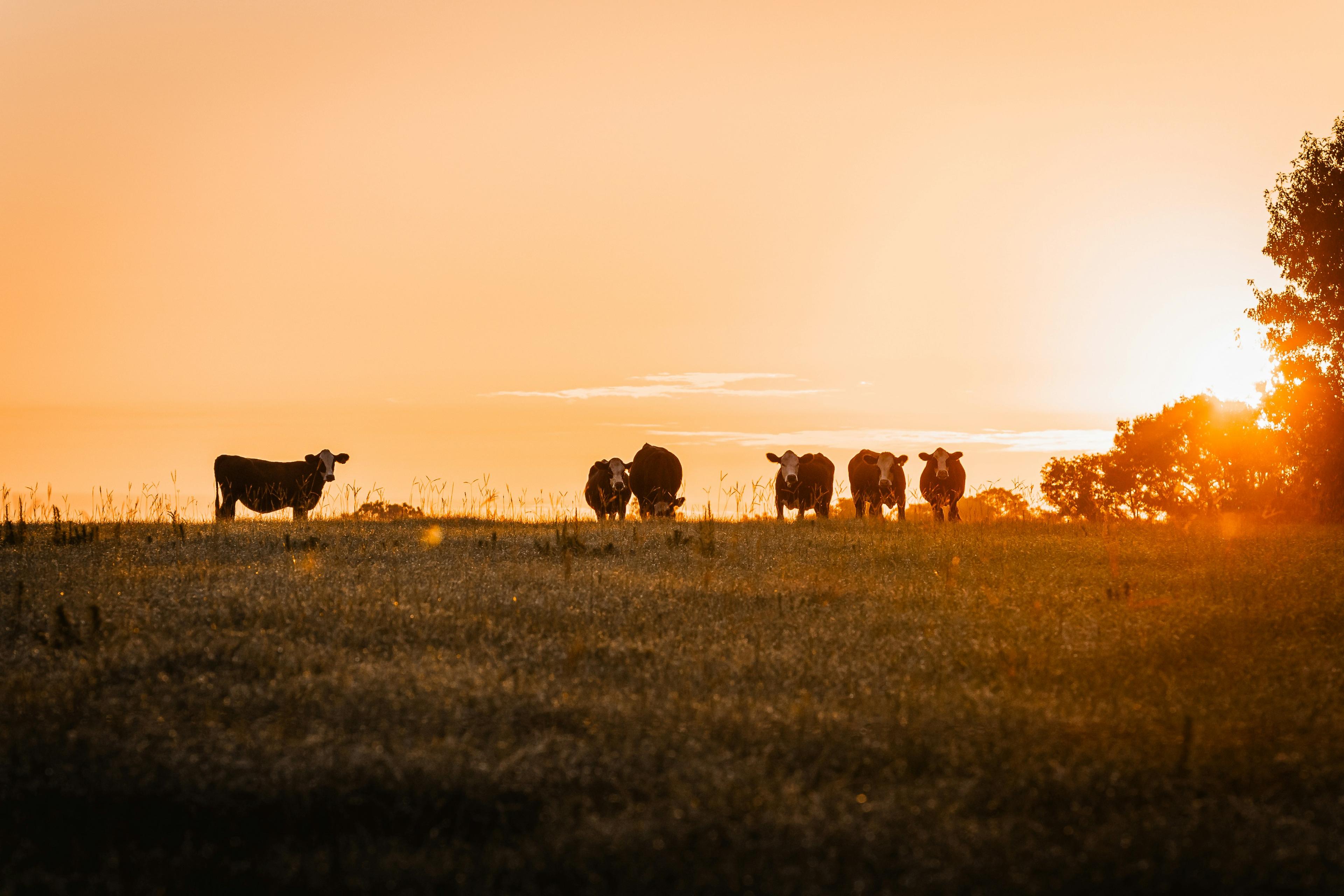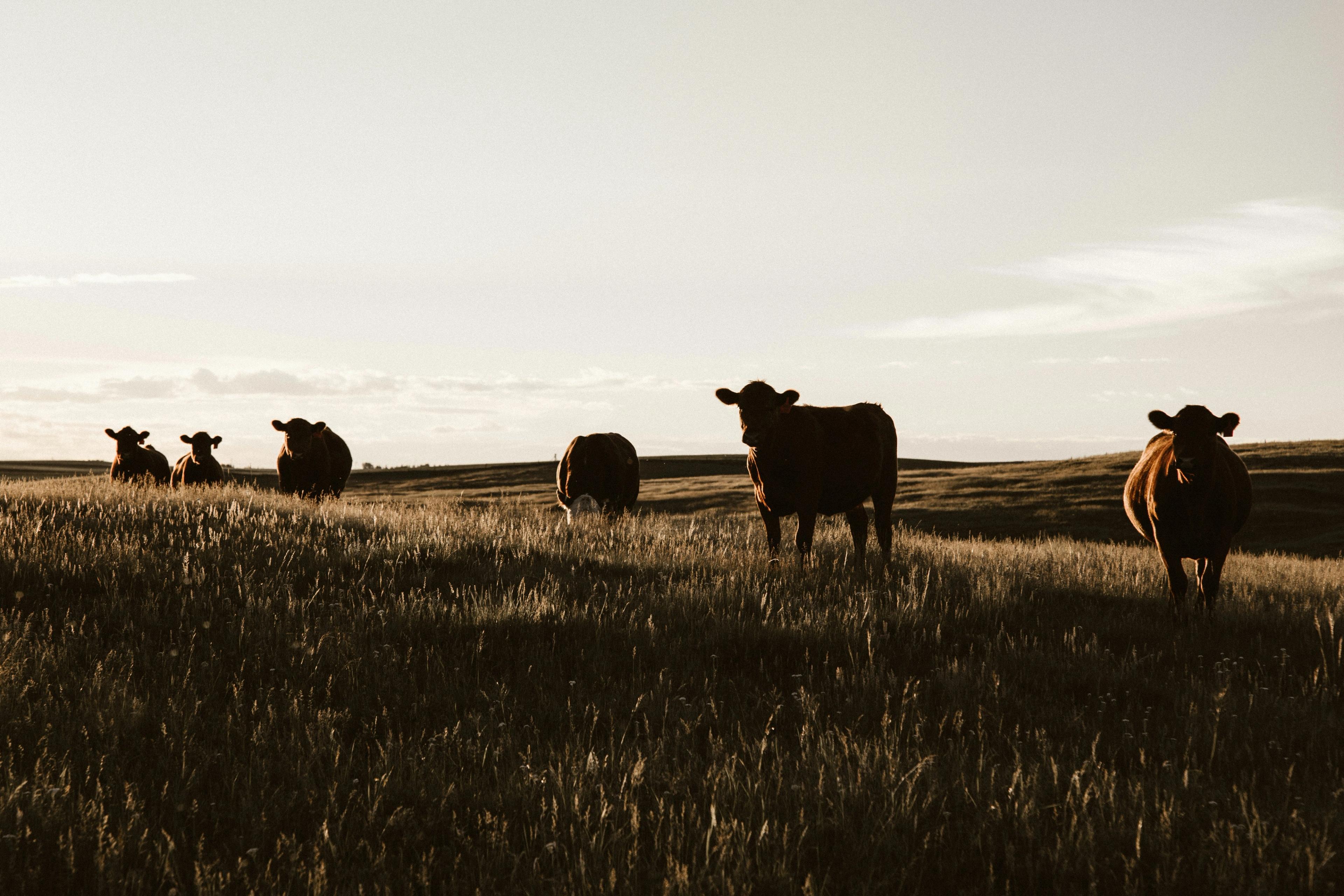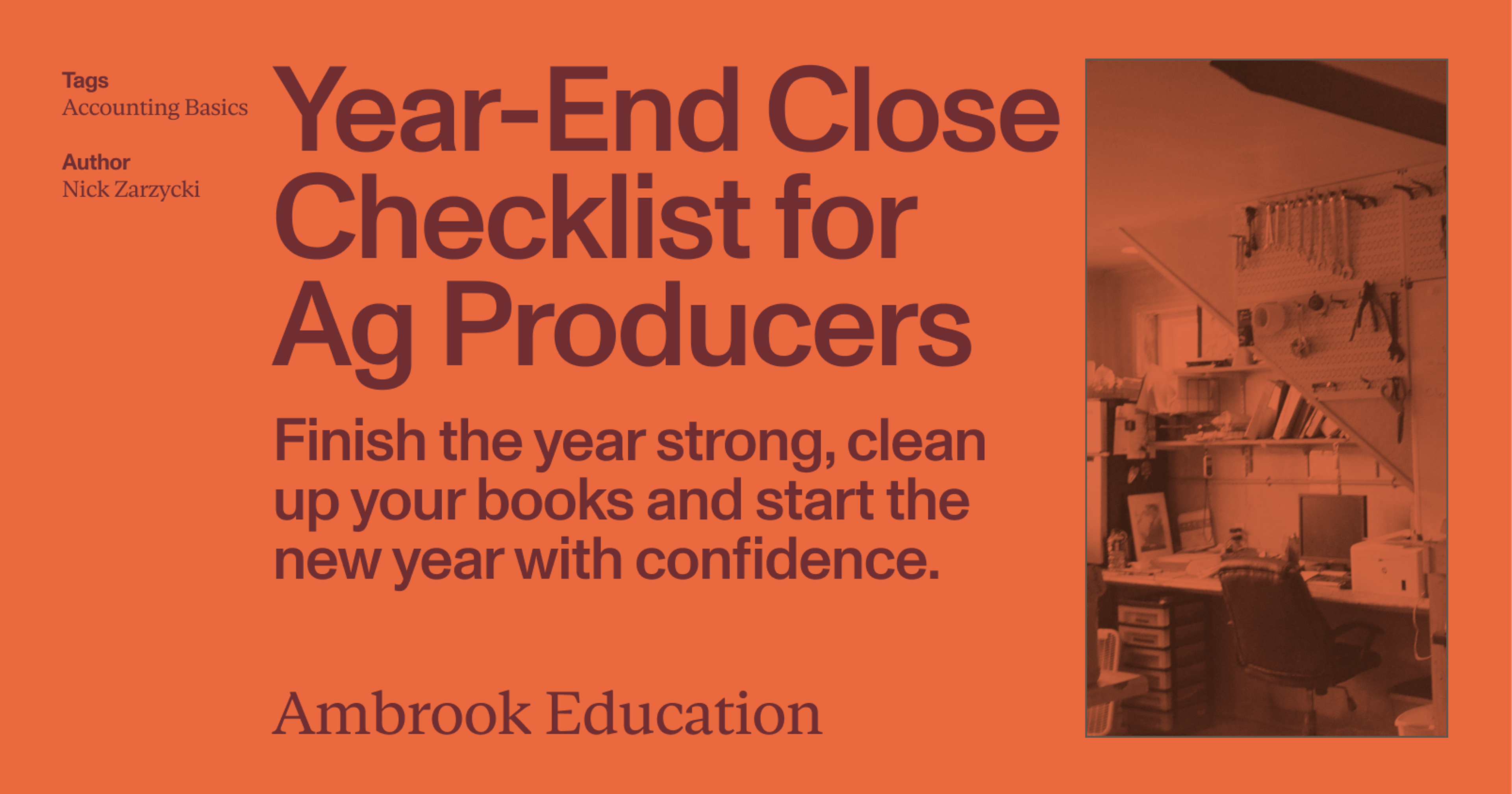An LLC could protect your personal assets from creditors and lawsuits, lower your tax bill and make succession planning easier, but it comes with lots of caveats too.
Whether you’re operating heavy machinery, running an agritourism business or simply dealing with the economic realities of farming, owning an agriculture business comes with many risks. To limit those risks, you might find yourself weighing the benefits of setting up a limited liability company (LLC).
While you should never make big decisions about your business entity or liability without consulting a legal professional, it’s worth coming to that conversation informed and armed with good questions. Here are some factors to consider as you decide whether the LLC is right for your business.
What is a limited liability company (LLC)?
A limited liability company (LLC) is a business entity that combines the characteristics of a sole proprietorship and partnership with those of a corporation.
Like a corporation, an LLC is considered a separate legal entity from the owner. Unlike a sole proprietorship or a partnership, your personal assets are protected if your LLC ever gets into legal or financial trouble.
LLCs are generally easier to set up than corporations, giving you and your business partners more flexibility when it comes to how the business is structured and governed. Like a sole proprietorship and partnership, LLCs also allow you to avoid paying both corporate and individual taxes on the business’ profits, which could ultimately lower your tax bill.
What are the benefits of setting up an LLC?
1. Limited (but not complete) liability protection
Unlike sole proprietorships or partnerships, owners of LLCs are generally not considered personally liable for the business. Like corporations, LLCs are considered separate ‘persons’ distinct from their owners, which means the owner’s personal assets are generally protected from creditors, legal action and other liabilities if the business ever gets in trouble.
But the protections offered by an LLC aren’t absolute. An LLC isn’t a replacement for liability insurance: your business assets are still at risk if anything ever goes wrong. And while it might protect you from external liabilities and the actions of your business partners and employees, an LLC doesn’t protect you from your own mistakes, and you can still be held personally liable for your individual actions.
An LLC might also not be able to protect the owner’s personal assets if it isn’t set up properly–for example, if the owner fails to keep their business and personal assets properly separated.
Read more: Separating Business and Personal Finances: A Checklist
2. Simplicity and flexibility
LLCs are generally easier to set up than a corporation, require less in terms of accounting and legal fees to keep going, and offer owners flexibility in terms of governance. An LLC doesn’t require a board of directors, officers or bylaws, for example, and members are generally free to decide for themselves how voting rights work and how profits are distributed.
3. Smoother succession planning
Because members own a stake in the business rather than owning the business’ assets directly, an LLC can also make it easier for the owner to pass their business onto someone else.
This can be particularly helpful if there are multiple successors and some of them aren’t directly involved in the farming business. Instead of potentially disrupting the operation by splitting up the business’ assets, heirs can simply inherit a share in the business instead.
4. Tax flexibility
Unlike a corporation, an LLC is considered a ‘pass-through’ entity like a sole proprietorship or partnership, which means its profits pass directly through to its owners, who report and pay taxes on that income on their personal tax returns. This allows LLC owners to avoid ‘double taxation,’ i.e., getting taxed once on their corporate profits and again on their dividends from the corporation.
LLC owners can also file Form 8832 to elect to file their taxes as an S corporation, which is a special tax status that allows owners to not pay self-employment taxes on any profits they withdraw above and beyond a reasonable salary.
Read more: Form 8832: A Simple Guide to Changing Your LLC’s Tax Status
5. Better business practices
While not unique to the LLC business entity, going through the process of setting one up–i.e., drafting an operating agreement, separating business and personal assets, and even choosing a dedicated accounting system–can help formalize how the farming operation is run, clarify members’ roles and responsibilities, and promote better business decision making overall.
What are the disadvantages of an LLC for farming?
1. It could cap your government program benefits
Many Farm Service Agency programs have a maximum dollar amount that can be received by each person or legal entity receiving funding. No matter how many owners your LLC has or how many people are involved in the business, your business only counts as one ‘person,’ which could limit the benefits you’re eligible for.
2. An LLC doesn’t protect you from your own mistakes
An LLC can provide protection from external liabilities, but it generally won’t protect individual owners from their own actions or mistakes. For this reason LLCs can be useful for businesses with multiple owners or employees, but less useful to businesses with a single owner.
3. You could be liable if business and personal assets aren’t separated
The protection of an LLC isn’t absolute, especially if it isn’t set up properly. Creditors could ‘pierce’ the protective veil of the LLC if your business and personal assets ever become intermingled, or if you fail to separate them in the first place with proper bookkeeping, accounting and separate bank accounts for on and off-farm transactions.
4. It’s expensive and takes time
While it might be less complicated and time-consuming than incorporating, setting up an LLC can still cost you several thousand dollars in legal and filing fees in most states. If your business is still in the hobby farming stage or you earn most of your income off the farm, the time and investment might simply not be worth it.
Why do farmers set up multiple LLCs?
While a single LLC can protect the owner’s personal assets, that protection doesn’t count for much if most of the owner’s individual wealth is tied up in the farming business. One popular solution to this problem is to set up multiple LLCs for different parts of the business.
How does a ‘land LLC’ work?
Under the land LLC strategy, a farmer sets up two LLCs: one to hold the farming business, and a second to hold just the land used in the business. This ‘land LLC’ then leases the land to the farm LLC, and both businesses maintain a separate set of books and tax returns. If the farming LLC is ever exposed to liability, the assets of the land LLC remain protected.
How about a ‘vehicle’ or ‘machinery LLC?’
Farm machinery and vehicles can be a significant source of liability on the farm, especially if they’re ever driven on public roads. In an effort to limit that liability, some farming businesses might also set up LLCs for their vehicles and machinery.
While this could provide additional levels of protection in some cases, if the vehicle is operated by the owner or employees of the farm LLC, the farm LLC generally isn’t protected if an accident is caused by operator error.
What are the disadvantages of having multiple LLCs?
It’s also important to remember that while multiple LLCs could help a business limit its liability, setting them up and maintaining them can also be a lot of work.
Each business needs its own separate bookkeeping and accounting systems, financial statements, bank accounts and tax returns. Land, vehicle and machinery LLCs must sign and maintain lease agreements with operating LLCs. Changing any part of this arrangement can also get complicated and require extensive legal assistance.
How do I set up an LLC?
1. File articles of organization with your state
In most states the articles of organization are a simple 1-2 page form that includes the name of the LLC and information about the LLC’s ownership and place of business. You must file this form with your Secretary of State, and the process typically involves a filing fee of several hundred dollars depending on the state.
2. Write up an operating agreement
While most states don’t require an operating agreement, it’s good business practice to have one in place, especially if your LLC has multiple owners. It’s very likely you’ll need a legal professional to help you with this step: your operating agreement will determine how the business makes decisions and who gets the most say in how it’s run.
If you’re interested in learning more, the National Agricultural Law Center has an excellent primer on operating agreements for farming LLCs.
3. Separate your finances and formalize the business
Open a separate checking account for the LLC, order business checks, get a dedicated payments card, and avoid intermingling your personal transactions with your LLC transactions. Obtain any necessary business permits and licenses for your state. Your LLC will also need an Employer Identification Number (EIN) from the IRS. Remember also that most states require LLC owners to submit an annual report.
Minimize liability and maximize financial clarity with Ambrook
Ambrook’s farm accounting platform makes it easy to track your business‘ transactions and keep them separate from your personal accounts, maximizing the protection of LLC and C corp business structures while giving you unparalleled insight into your business’ financial performance.
With powerful bookkeeping and smart tagging functionalities, dedicated payment cards, automatic expense reporting, and a custom chart of accounts that grows with your business, Ambrook gives busy operators everything they need to get financial clarity now. Interested in learning more? Schedule a demo today.
Want to learn more about Ambrook?
This resource is provided for general informational purposes only. It does not constitute professional legal advice and may not apply to your specific situation. Consult with professional legal counsel before making any decisions about business structure or liability.









